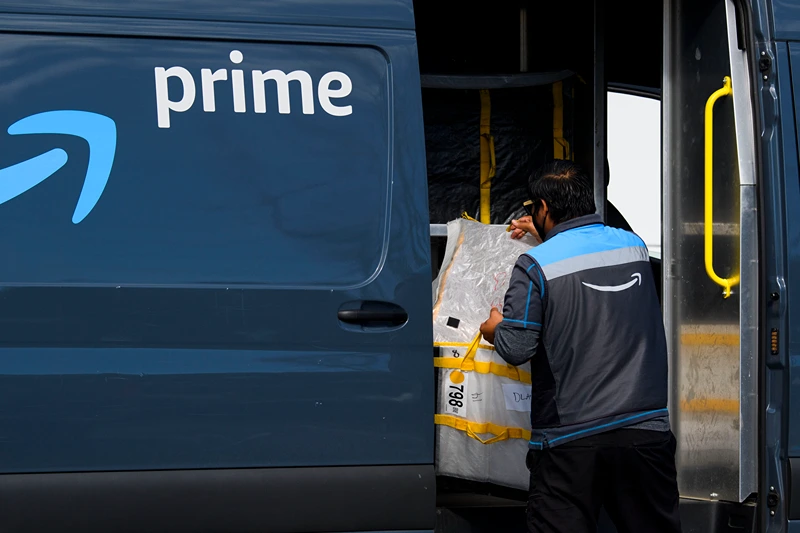
OAN’s Abril Elfi
12:15 PM – Tuesday, March 26, 2024
The Wisconsin Supreme Court declared that Amazon Flex drivers are employees, not independent contractors, as the major online seller has contended in the past.
The court ruled in a unanimous vote on Tuesday that these Amazon drivers are in fact employees, and therefore, should receive employee benefits.
Following the court’s hearing of oral arguments, the case was dismissed, but one appeals court decision against Amazon from 2023 will still stand.
According to that decision, drivers participating in the Amazon Flex program are covered by the state’s unemployment insurance program and are eligible for unemployment benefits in the event of a layoff. Due to the ruling, Amazon subsidiary Amazon Logistics is now expected to owe more than $200,000 in taxes.
However, the court had dismissed the case since, according to Justice Ann Walsh Bradley’s concurring opinion, additional review “would not serve any meaningful purpose” or any “further development of the law.”
In a different letter, Justice Rebecca Bradley also criticized Bradley for attempting to interpret the court’s ruling, claiming that doing so “will only show additional confusion.”
Other surfacing reports have stated that the case was closely examined to see what kind of effect this ruling would have on workers in the “gig economy.”
Labor unions and the State Department of Workforce Development had pushed for the court to recognize Amazon Flex workers as employees.
“The gig economy is clogging up the court with all of this stuff, all the time,” said Samantha Prince, assistant professor of law at Penn State Dickinson College of Law and an expert on worker misclassification and the gig economy. “It’s just nuts. We really need this stuff to be resolved, stay resolved, and stop with all the uncertainty for everybody.”
Prince went on to explain that the court ruling regarding Amazon Flex drivers being employees exemplifies that it is “one of the many dominoes that are starting to fall.”
“And even though this case only applies to Amazon Flex drivers, it will likely resonate through the other gig company court cases,” she added. “The more cases that find that gig company drivers are employees, the more companies are going to have to pay their rightful share.”
According to Prince, each state has its own laws defining who is an employee and who is an independent contractor. These laws specify what overtime and wages employees must receive, as well as whether they are eligible for unemployment benefits, which the employer must pay into.
Once their application was approved, staff members could download an app to their personal cell phones that would display blocks of time during which they could deliver packages on behalf of the company. Employees at the Amazon warehouse in Milwaukee, Wisconsin, would use their own cars to deliver packages, following a route that Amazon would recommend.
Following an audit of over 1,000 Amazon Logistics drivers between 2016 and 2018, the Department of Workforce Development determined that the vast majority of these drivers qualified for unemployment insurance benefits since they were employees, rather than independent contractors. In 2018, the state notified Amazon that it had over $205,000 in arrears for unemployment insurance.
The state DWD’s conclusion that these drivers are actually employees was also supported by the Wisconsin Labor and Industry Review Commission.
Previously, a Waukesha County circuit court judge determined that the drivers were independent contractors after Amazon Logistics filed an extensive lawsuit. However, The Wisconsin Court of Appeals reversed that decision last year.
Stay informed! Receive breaking news blasts directly to your inbox for free. Subscribe here. https://www.oann.com/alerts

